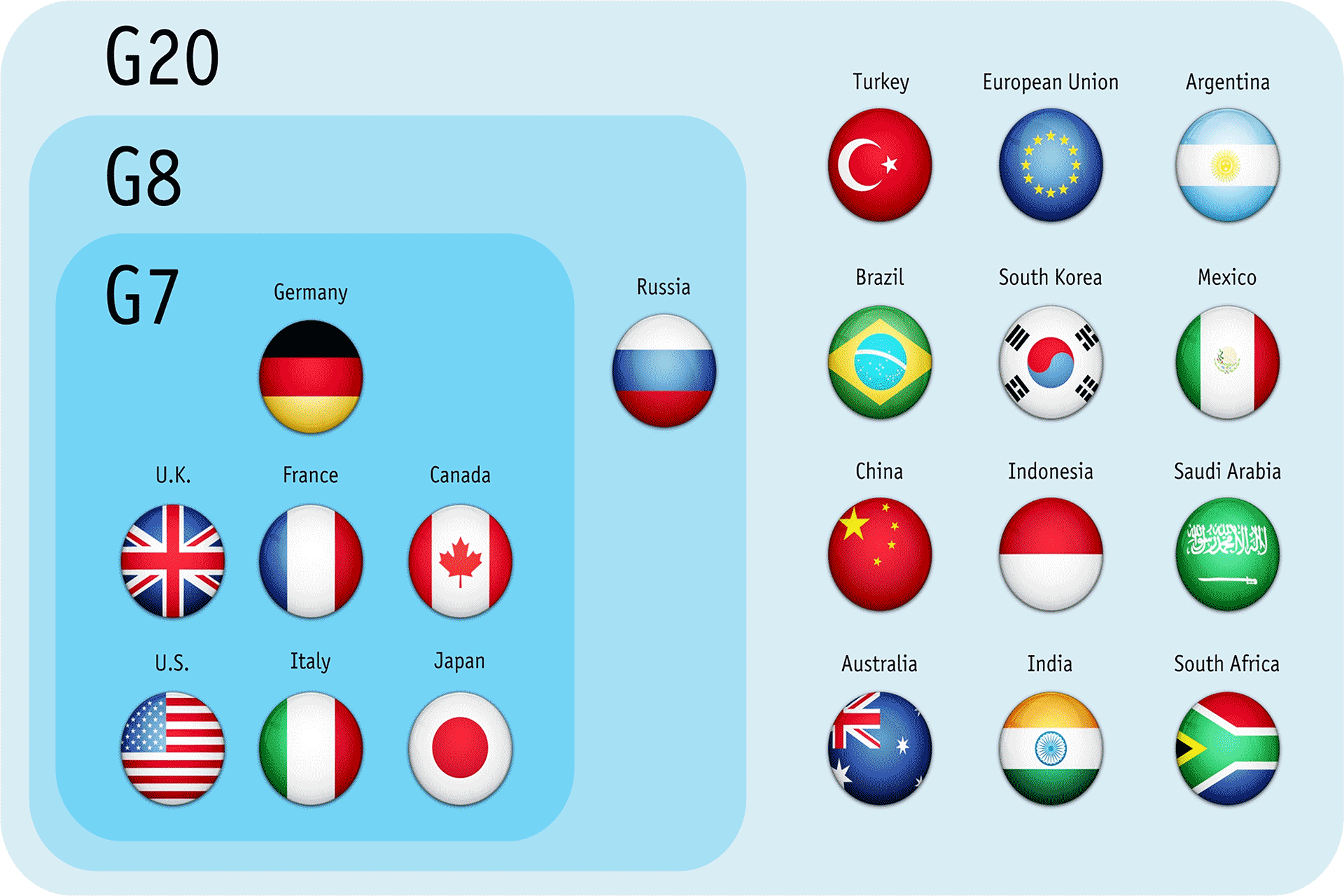SEC Tightens Crackdowns on Crypto Exchanges as Federal Reserve Forces Banks to Adopt FedNow CBDC
The Securities and Exchange Commission launched another attack on crypto exchanges Coinbase and Binance this week, a move that had been expected. Given the overlap with the timeline of the Federal Reserve forcing banks across the country to implement FedNow as part of the backbone of an ongoing effort to implement a central bank digital currency.

